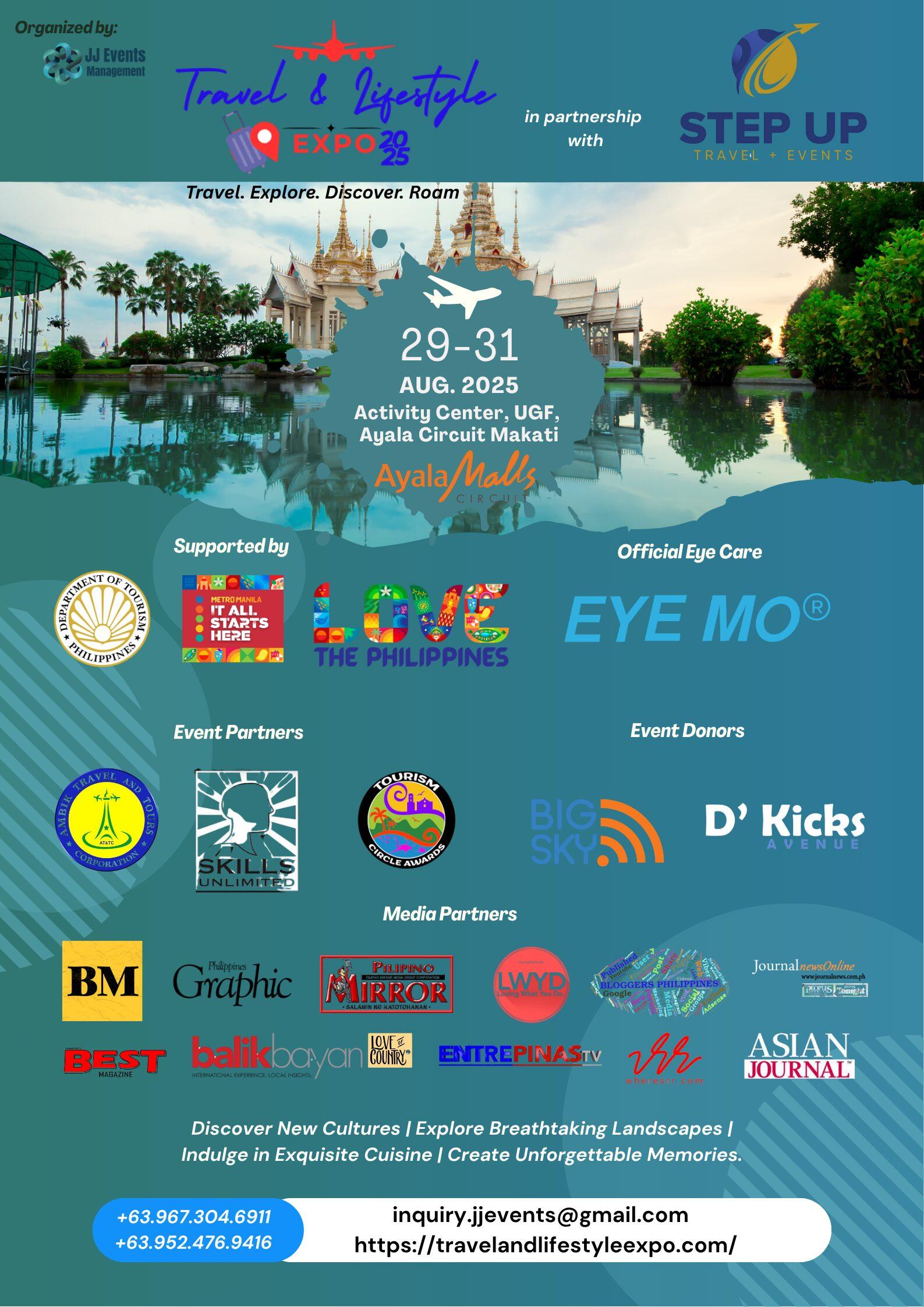HANS Selye, the renowned expert on this subject and considered the “father” of stress, defines stress as the “wear and tear of living.” The pressure we all face in our everyday life is stress. There are three sources of stress, called stressors. They are Physical: illness, medications, pollution, environment; Social: loss of a loved one, marital strife, financial problem, etc.; and, Psychological: anxiety, inferiority complex, depression, etc. No one alive is exempt from stress. The only major difference is how one person deals with stress compared to another.
Is stress good or bad?
This depends on the individual. Some people are motivated by stress and perform their best under pressure. Others buckle down and become useless when confronted with stress. Stress is a normal component of life and all of us should know how to deal with it and manage it properly for a happier and healthier lifestyle. If positively handled, stress could even make us stronger, more efficient and more effective.
Can we have a stress-free environment?
As we have alluded to earlier, no one who lives is free from stress. It is unrealistic to think or dream of a stress-free environment. What is really important is learning how to deal and cope with the stress that we encounter day in and day out.
What causes stress?
As organisms, humans have instincts for comfort, happiness, defense and survival. Stress results when we encounter any situation that will require the achievement or realization of any of those four instincts mentioned above. In an emergency situation, this instinct could be the “fight-or-flight response,” such as defending yourself in a fight, or getting away from a falling object, or running away from a dangerous animal or a speeding car.
What are the signs of stress?
There are many, non-specific, and very common symptoms: tension in shoulders and neck, fist-clenching, headaches, insomnia, stiff neck, back pains, anxiety, constipation or diarrhea, fatigue, stomach upset, weight gain or loss, problems with relationships, depression, high blood pressure, shortness of breath, apathy, chest pains, or even heart attack/stroke. Tolerance to stress is mostly character and personality dependent.
How can stress hurt us?
If we do not know how to handle stress that confronts us every day, then we will be out of control, and stress will overtake and conquer us and our being. If we allow stress to dominate our life, and not fight it and deal with it properly, we will live a very unhappy, unhealthy, unproductive life. We can de-stress successfully!
What is the best strategy to deal with stress?
- Accept stress as a normal part of our life. Since we cannot eliminate stress, we must learn to accept the reality that stress is here to stay. This will eliminate the useless anger and the frustration of our failure to find and live a stress-free life. Life itself is a challenge and that in itself is stress. So, acceptance is most fundamental.
- Set realistic goals and expectations in every aspect of our life.
- Do not worry about situations beyond our control, like the weather, etc. Consider and deal only with what we can change or improve.
- Learn how to say “NO” and not take on too much commitment and try not to do more than what you can do.
- Approach problems wisely and calmly, and not transform them into a more stressful dilemma. Example: If someone drops a glass of water on the floor, instead of getting very upset about it (which will not “undo” what had happened), the better reaction is to clean up the broken pieces of glass and mop the floor, to prevent a more stressful dilemma, like someone stepping on the broken glasses, or someone slipping and breaking a hip or a leg, etc. The glass is broken, and no amount of anger will put it back together.
- Be philosophical. Many times, wise rationalization helps us deal with stress. When exercised appropriately, this defense mechanism in us could see us through many tough events in our life. If recklessly and unwisely done, rationalization can boomerang and lead to more stressful aftermaths. When changes occur in our life, let us consider them a positive challenge for us and not a threat.
- Learn how to relax often with family and friends, by properly taking breaks and rests at work or in school, on weekends and off days, by taking full vacations at least once a year. Unwinding and “just doing nothing at home” (staycation) can go far in maintaining a good mental health. Group sports and social events will help a lot in alleviating stress.
- Do daily physical exercises (walking, jogging, ballroom dancing, tai chi, tai bo (light artful shadow boxing), swimming, tennis, etc.) and meditation. They are essential in helping the body deal and cope with our daily stress by relieving pent-up energy and tension.
- Have good nutrition (high fiber, low-salt, low-fat/low-cholesterol diet, consisting of fish, vegetables and fruits, and take multi-vitamins and mineral supplements), which also helps us cope with stress more effectively.
- Talk to your family and friends about your stress to vent your frustrations and problems.
- Never underestimate the power of prayers for inner peace and spiritual serenity.
- If you feel stress is becoming unbearable, in spite of the strategy outlined above, seek immediate medical consultation. It can do wonders for you.
The main objective of this column is to educate and inspire people to live a healthier lifestyle, to prevent illnesses and disabilities and achieve a happier and more productive life. Any diagnosis, recommendation, or treatment in our article are general medical information and not intended to be applicable to or appropriate for anyone. This column is not a substitute for your physician, who knows your condition well and who is your best ally when it comes to your health.
* * *
The opinions, beliefs and viewpoints expressed by the author do not necessarily reflect the opinions, beliefs and viewpoints of Asian Journal, its management, editorial board and staff.
* * *
Philip S. Chua, MD, FACS, FPCS, a Cardiac Surgeon Emeritus based in Northwest Indiana and Las Vegas, Nevada, is an international medical lecturer/author, Health Advocate, medical missionary, newspaper columnist, and chairman of the Filipino United Network-USA, a 501(c)3 humanitarian foundation in the United States. He was a recipient of the Indiana Sagamore of the Wabash Award in 1995, presented by then Indiana Governor, US senator, and later a presidential candidate, Evan Bayh. Other Sagamore past awardees include President Harry S. Truman, President George HW Bush, Muhammad Ali, Astronaut Gus Grissom, scientists, and educators (source: Wikipedia). Websites: FUN8888.com, Today.SPSAtoday.com, FEUmedalumni.org; Amazon.com (“Where is My America?”); Email: scalpelpen@gmail.com.





